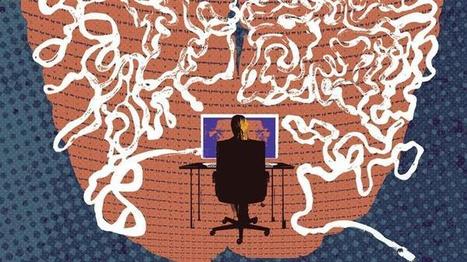"Continuing his series on the potential of retrieval practice, spaced learning, successive relearning, and metacognitive approaches in the classroom, this time Kristian Still focuses on the ‘spaced’ element, looking at the underpinning research and drawing out important lessons for teachers..."
Via Leona Ungerer



 Your new post is loading...
Your new post is loading...





















